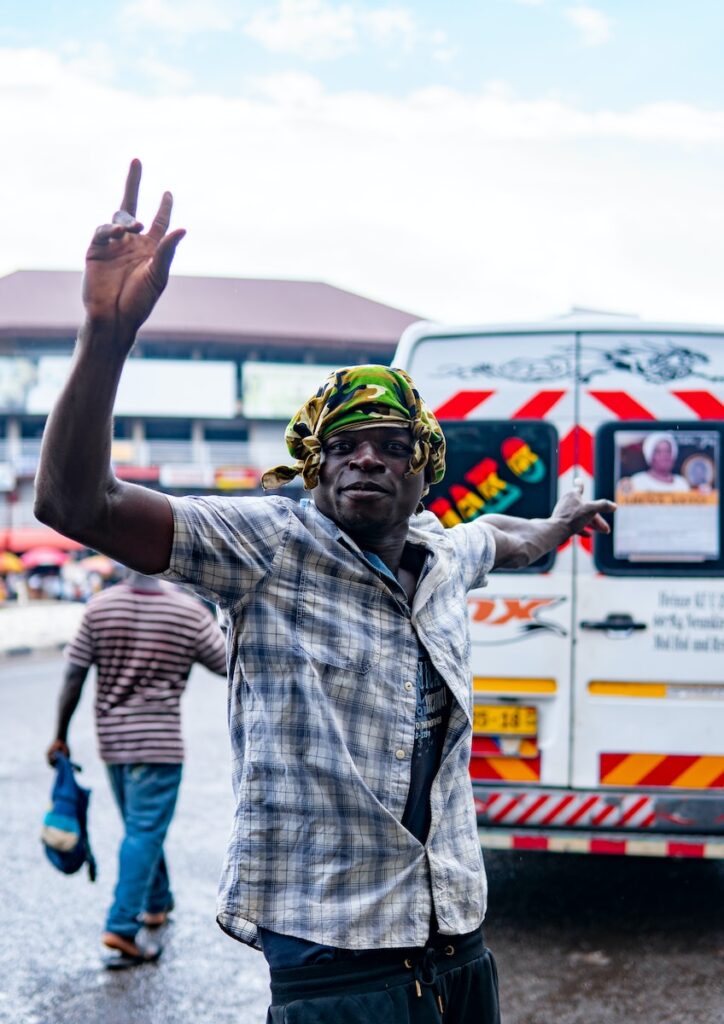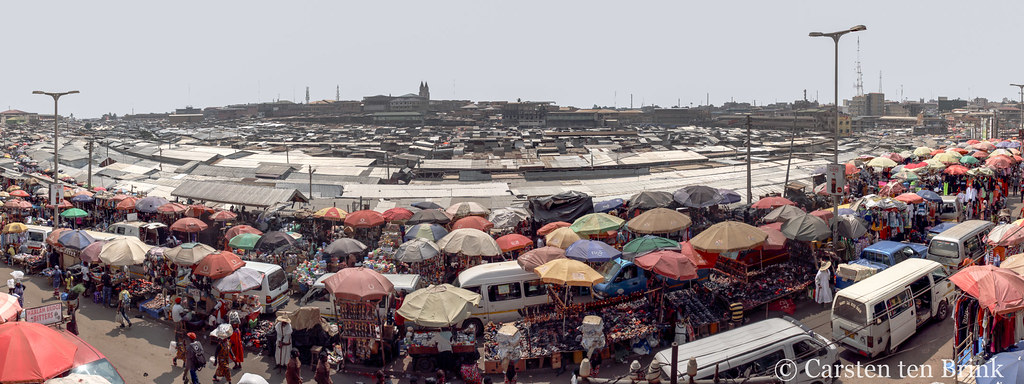In Kumasi, the second-largest city in Ghana, there is a lively and vibrant open-air market called Kejetia Market. It is an important business centre and one of the biggest markets in West Africa. The market is located in the centre of Kumasi, taking up several city blocks and drawing tens of thousands of people there each day.
Kejetia Market is well known for its broad selection of goods and commodities, providing a variety of things to meet the needs of both locals and visitors. The market is separated into various stalls and divisions, each of which specializes in a particular class of items. Fresh food, household goods, textiles, footwear, jewellery, handicrafts, apparel, electronics, furniture, and traditional herbal treatments are all available.
As you move through cramped alleyways and busy pathways crowded with vendors and customers, navigating Kejetia Market may be thrilling. The market is constantly active, and the vivacious ambiance is heightened by the ebullient vendors and their energetic pitches. It’s a bustling market where haggling and bargaining are commonplace, and customers can frequently get excellent prices by haggling with the merchants.
The market is an important part of Kumasi’s social and cultural fabric in addition to being an economic hub. The Ashanti people, who make up the majority of the area’s ethnic population, are represented through its lively culture and traditions.

The market is filled with a wide selection of traditional products, apparel, and artwork that allow visitors to experience Ghana’s rich cultural heritage.
Kejetia Market’s organization and infrastructure have recently undergone improvements. One of the largest market complexes in Africa, a contemporary commercial complex with over 10,000 shops was built as part of a renovation project. For both merchants and customers, the new complex offers a cleaner, more organized retail atmosphere.
Kejetia Market is more than simply a place to shop; it’s also a place to immerse yourself in the culture and experience Ghanaian life first-hand. It serves as a hub of trade, culture, and community and gives visitors a look into Kumasi residents’ daily life.



